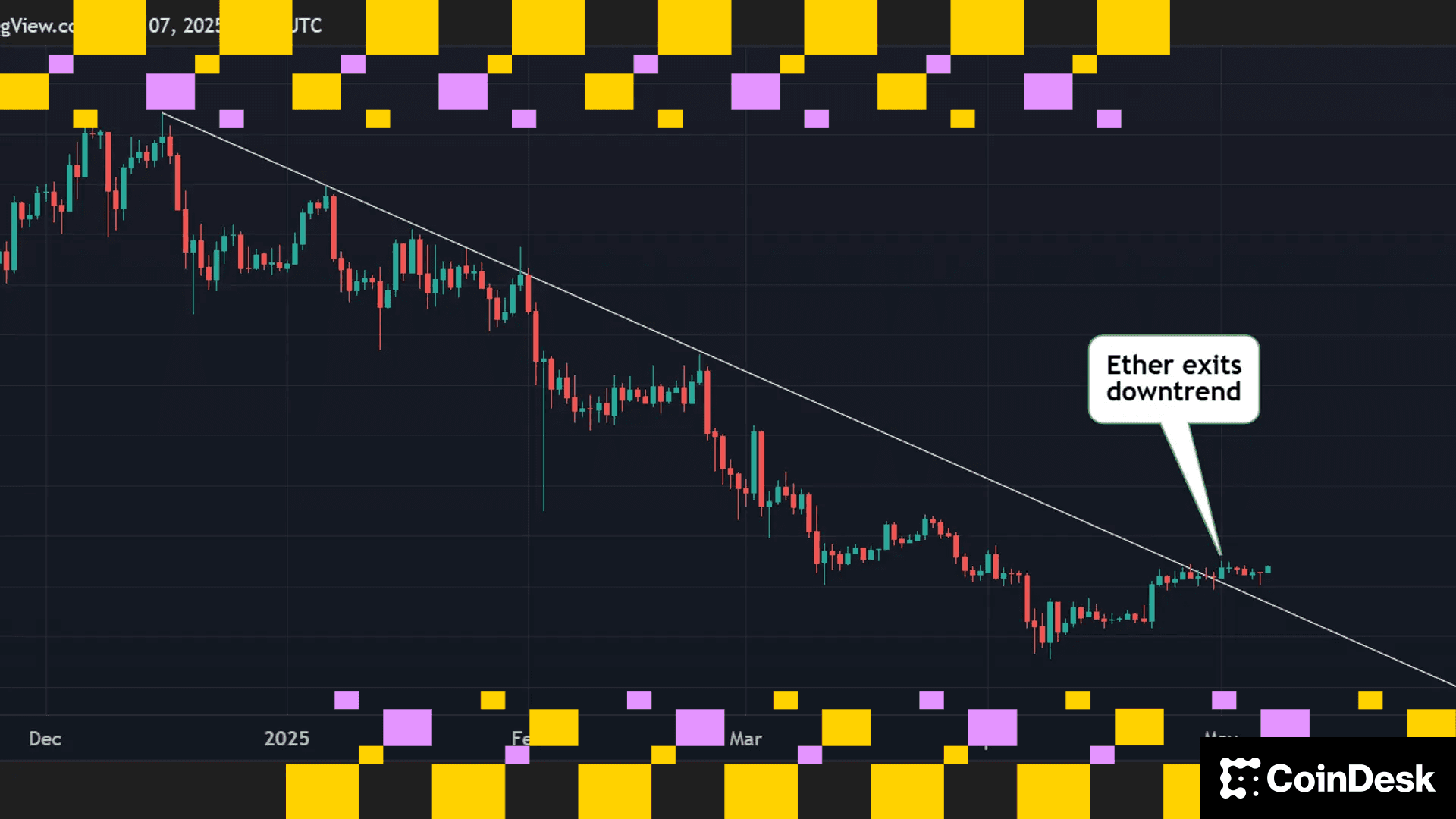JPMorgan Sees Wave of Crypto Deleveraging From FTX’s Woes
JPMorgan strategists said bitcoin's production cost could be an indicator of the market bottom.

The crypto deleveraging sparked by the apparent collapse of crypto exchange FTX and its sister company Alameda Research will be “more problematic” than earlier ones because there’s a lack of strong entities and balance sheets that could come to rescue, JPMorgan strategists led by Nikolaos Panigirtzoglou said in a note to clients Wednesday.
“Given the size and interlinkages of both FTX and Alameda Research with other entities of the crypto ecosystem including DeFi platforms it looks likely that a new cascade of margin calls, deleveraging and crypto company/platform failures is starting similar to what we saw last May/June following the collapse of Terra,” JPMorgan’s strategists said in their note to clients. DeFi, or decentralized finance, is an umbrella term for a variety of financial applications carried out on blockchains.
JPMorgan said investors can potentially look for a bottom in
On the optimistic front, JPMorgan said the hit to crypto’s overall market cap may be less than after Terra as deleveraging has been occurring.
Read more: Sam Bankman-Fried Says Alameda Winding Down, Promises FTX US Customers 'Fine'
Meer voor jou
BitSeek: Decentralized AI Infrastructure Revolutionizing the Web3 Industry
Meer voor jou












